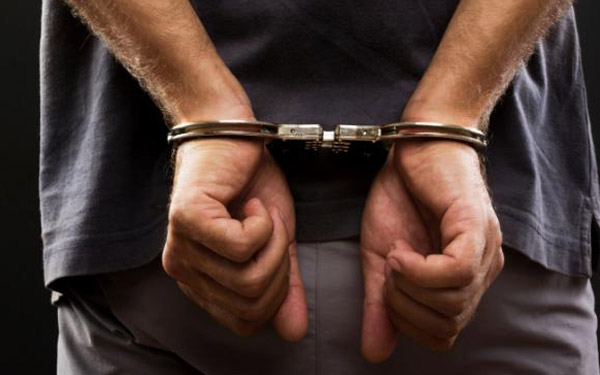
A Citizen’s Arrest: Would you? Could you? Should you?
Most people are familiar with the term “A Citizen’s Arrest” yet very few fully understand its true legal interpretation. The history of a citizen’s arrest stretches back to medieval England when sheriffs encouraged ordinary townsfolk to apprehend villains. A villain was originally a person who lived in a village. Today (in England and Wales) everyone’s right to perform such an arrest is enshrined under section 24A (2) of The Police and Criminal Evidence Act 1984.The Metropolitan Police Force, after decades of actively discouraging ‘Have-a-go’ heroes, recently committed a total U-turn on this contentious issue.
The Met’s top cop Commissioner Sir Paul Stephenson is now advocating the public’s involvement in crime fighting. However, before anyone even considers attempting a citizen’s arrest they should be aware of the many dangers this could involve. Such an arrest can only be executed when the crime witnessed is an Indictable Offence. This is an offence that can be tried in a Crown Court before a jury. In America these crimes are called Felonies.
Apart from the obvious serious crimes, an indictable offence can include theft, burglary, assault and property damage. ‘Have-a-go’ heroes should also realise that they will be leaving themselves wide open to possible civil lawsuits or even criminal charges. These could include False Imprisonment, Assault, Unlawful Restraint, Wrongful Arrest, and that doesn’t even touch on violating the suspect’s Human Rights.
It can get even worse. In 2012, in Edinburgh, an OAP came across a youth trying to steal his car. As the Pensioner attempted a citizen’s arrest he was stabbed to death by the 16 year old. During the 2011 London riots the TV historian Dan Snow had a more rewarding experience. He made a spectacular flying rugby tackle on a fleeing looter. The suspect was later found guilty and jailed for numerous offences.
By far the most famous citizen’s arrest in recent years happened on Saturday June 30th, 2007 at Glasgow International Airport. Two Islamist terrorists, Bilal Abdullah 27 (an NHS doctor) and Kafeel Ahmed 28 (an engineer) rammed a Jeep Cherokee, packed with explosives, into the airport’s main entrance. As terrified onlookers fled in all directions a baggage handler John Smeaton, 31, who was outside having a smoke at the time, did the very opposite. He sprinted up to the Jeep and hauled Ahmed to the ground where he detained him, with extreme Glaswegian prejudice, until the police arrived. Almost overnight, Smeaton became a bit of a modern day folk legend. In only a few days T-shirts were for sale reading, “Bin Laden didn’t know John Smeaton worked on Saturdays”. A local newspaper casually suggested grateful citizens should buy him a beer. Within a week he had over two thousand pints, in the bin, in pubs across Glasgow. On March 4th 2008, at Buckingham Palace, the Queen presented Smeaton with The Queen’s Gallantry Medal, for exemplary bravery.
At Priavo we are often asked if our Executive Protection Operatives (EPO’s) can effect citizen’s arrests. The simple answer is of course, yes. All our EPO’s are trained in arrest and restraint procedures, self-defense tactics and are well versed in the legal implications as it applies in such cases. In addition, because we operate globally, our EPO’s are up to speed on the laws of the land prior to deployment on any task.
However these are rarely necessary as our aim is to manage and mitigate all potential threats long before they have the chance to materialise, maintaining a secure environment and ensuring the personal safety of our clients at all times.
